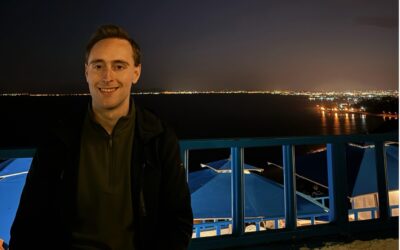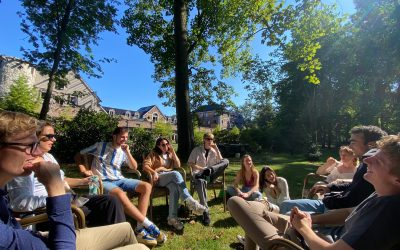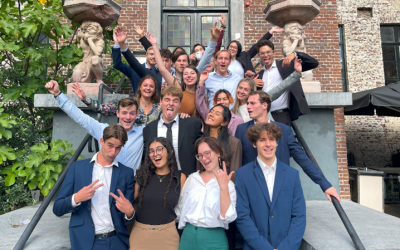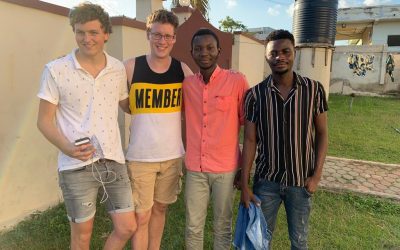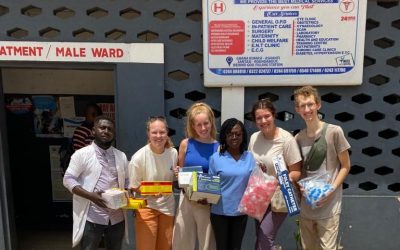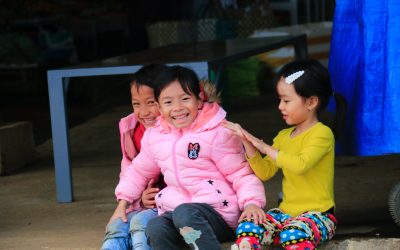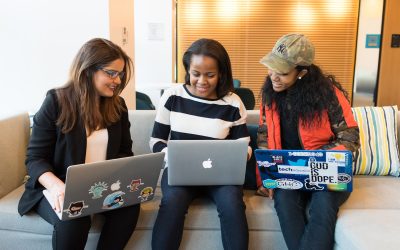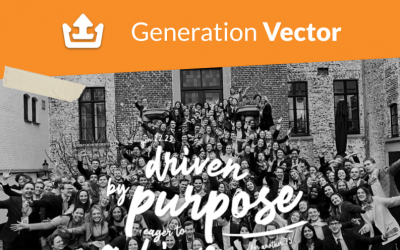Hi, my name is Nadine and I just finished my Architecture bachelor at the TU Delft. This year I joined AIESEC, in Delft to develop myself besides my studies and to work together with new amazing people! I have been working as a graphic designer for a while now, which I really enjoy and can use during my time as a content creator for AIESEC. During my time with AIESEC I’ve learned professional skills within an amazing group of people, who really gave you the chance to develop yourself.
The Earth’s temperature equilibrium is continuously being disrupted. This has a huge impact on both human beings and the environment. Due to higher temperatures, the sea levels are rising, glaciers are shrinking, and heavy precipitation is increasing. All these consequences are caused by climate change.
Climate change is defined as a shift in the average conditions of global or regional climate patterns over approximately 30 years. This causes global warming and unexpected weather conditions in every country on every continent. 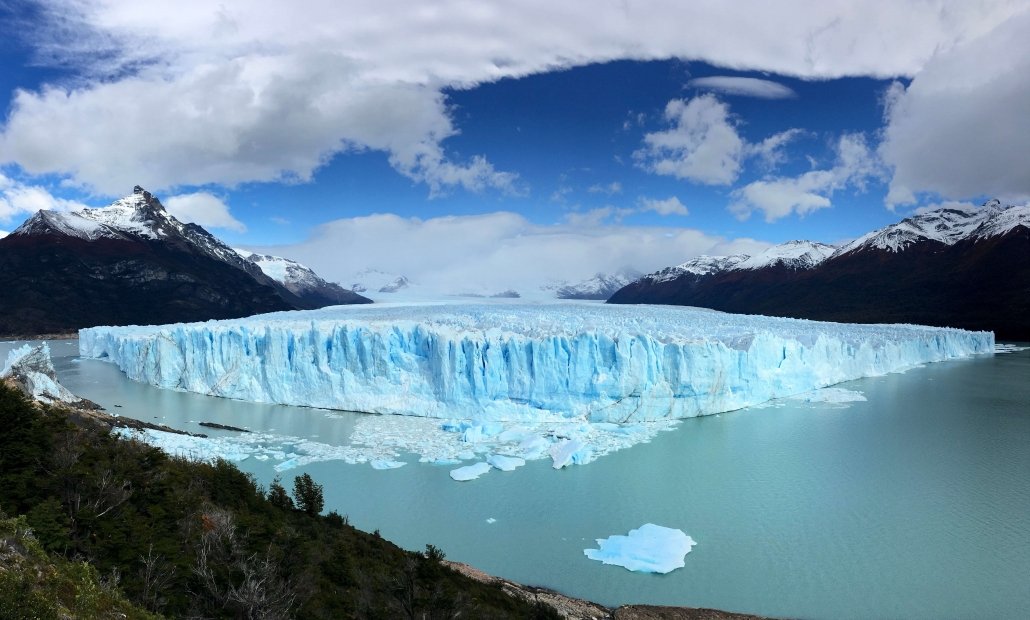
But what is the biggest cause of climate change? Since the mid-20th century human activities have been the primary reason for the climate warming. The influence we have on Earth’s temperature stem from all different kinds of actions. Such as burning fossil fuels, overpopulation, pollution, cutting down forests and farming livestock. We are the ones causing the problems. This means that we should be the ones to make the changes happen for a healt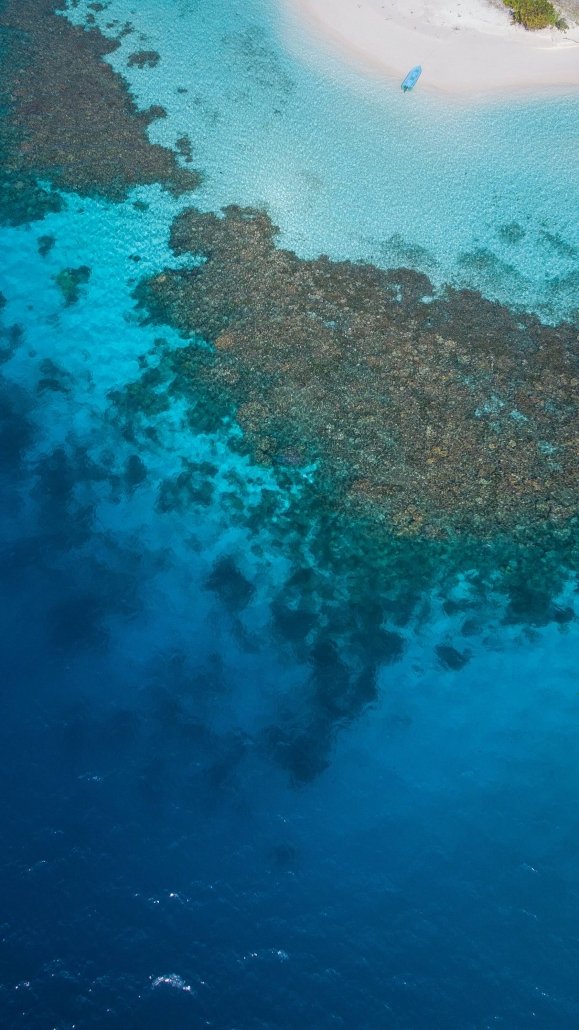 hier planet.
hier planet.
Climate Action
Action against climate change is also an important part of the Sustainable Development Goals (SDG’s) founded by the United Nations to protect the planet. The goals related to this issue are number 13, 14 and 15. The first one is ‘climate action’. Greenhouse gases spread into the atmosphere, due to burning fossil fuels, oil and coal. This is one of the biggest causes of global warming. According to the UN, greenhouse gas emissions must begin falling by 7,6% each year starting in 2020. This requires a great scale of annual investments. But of course, you can help by taking small actions, like recycling, buying local products, re-using, putting the lights off, driving less and many more. By doing this we will achieve a low-carbon, climate-resilient transition.
Biodiversity
The following goals are about biodiversity, called ‘life below water’ and ‘life on land’, which maintains all life on earth. The ocean is most important in regulating the global climate system 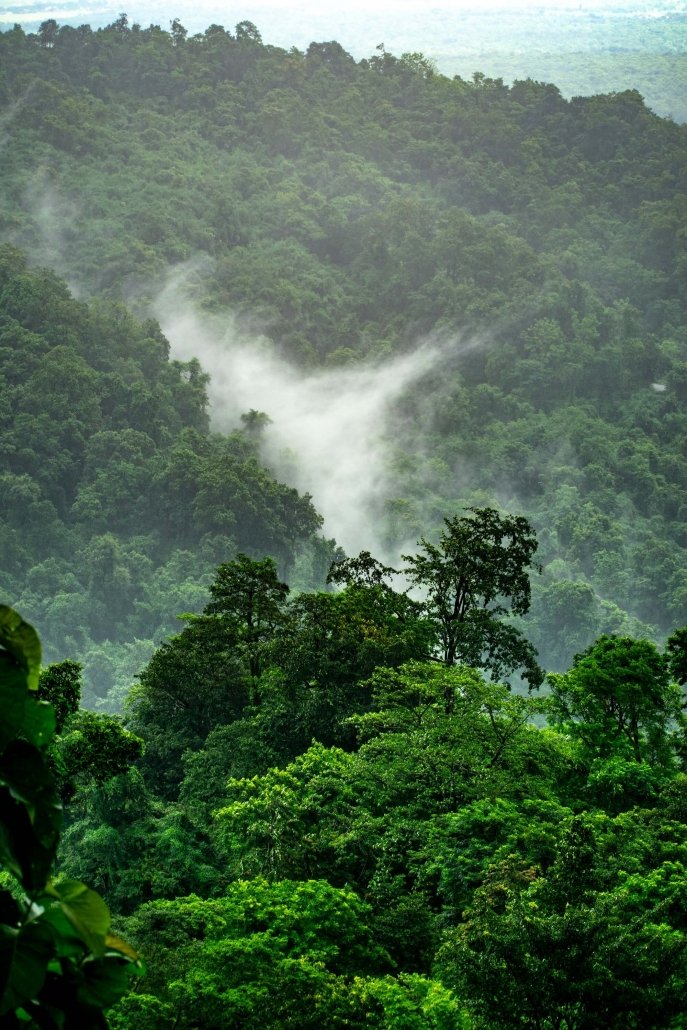 and contains the world’s largest ecosystem. It absorbs 23% of annual CO2-emmissions produced by human actions. On top of that, 5 to 12 million tons of plastic enter the ocean every year. Only international cooperation can fight these issues on a larger scale. On land, due to cutting down forests, there is a lack of water, food and air. On top of that, biodiversity is declining faster than ever before. Two billion hectares of land on Earth have degraded, affecting 3.2 billion of people, driving species to extinction and having a huge influence on climate change.
and contains the world’s largest ecosystem. It absorbs 23% of annual CO2-emmissions produced by human actions. On top of that, 5 to 12 million tons of plastic enter the ocean every year. Only international cooperation can fight these issues on a larger scale. On land, due to cutting down forests, there is a lack of water, food and air. On top of that, biodiversity is declining faster than ever before. Two billion hectares of land on Earth have degraded, affecting 3.2 billion of people, driving species to extinction and having a huge influence on climate change.
Do you want to know how you can contribute on a small scale? Read Anne’s blog of last month.
Together, even with little actions and changes, we can work on a healthier environment for all life on our planet. Together we can fight climate change.
REFERENCES
- https://www.myclimate.org/information/faq/faq-detail/what-are-the-effects-of-climate-change
- https://www.ipcc.ch/report/ar5/wg1/
- https://climate.nasa.gov/effects/
- https://www.un.org/en/sections/issues-depth/climate-change/
- https://www.un.org/sustainabledevelopment/
- https://www.nationalgeographic.org/encyclopedia/climate-change/

